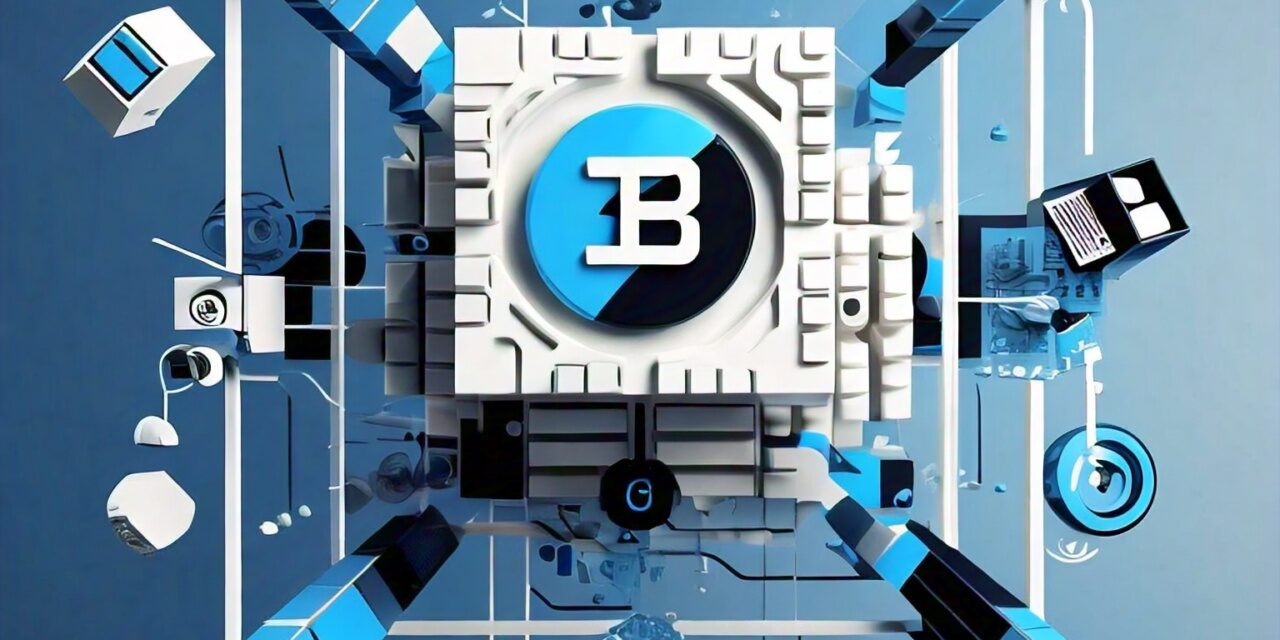Decentralized Web Hosting: A Threat to Traditional Hosting Models?
Syndicated article by Web3Servers.com
Decentralized Hosting: A Solution to Censorship and Surveillance?
The Web3 Revolution in Data Storage and Hosting
The internet has long been plagued by issues of censorship and surveillance, with centralized hosting platforms often complicit in these practices. However, the emergence of Web3 technologies has brought new hope for a decentralized and democratic internet. Decentralized hosting, in particular, has the potential to resist online censorship and surveillance, ensuring data persistence and availability.
How Decentralized Hosting Works
Decentralized hosting platforms, such as InterPlanetary File System (IPFS) and Solid, utilize blockchain technology and peer-to-peer networks to store and host data. This decentralized approach ensures that data is not controlled by a single entity, making it more resilient to censorship and surveillance.
IPFS: A Decentralized Storage Solution
IPFS is a content-addressed blockchain, meaning that data is stored based on its content rather than its location. This approach allows for data persistence and availability, even if a node or network goes offline. IPFS is designed to be highly scalable, with the ability to handle large amounts of data and traffic.
Solid: A Decentralized Hosting Platform
Solid, developed by Sir Tim Berners-Lee, is a decentralized hosting platform that empowers users to control their data and privacy. Solid uses blockchain technology and peer-to-peer networks to ensure data persistence and availability. Solid is designed to be user-friendly, with a focus on simplicity and ease of use.
Benefits of Decentralized Hosting
Challenges and Potential Issues
Real-World Applications and Examples
Decentralized hosting has a wide range of real-world applications, from social media and blogging platforms to file sharing and collaboration tools. For example, the decentralized social media platform, Mastodon, uses IPFS to store and host user data, ensuring that users have full control over their content and data.
The Future of Decentralized Hosting
The future of decentralized hosting looks promising, with continued development and innovation in the space. As more users and organizations adopt decentralized hosting solutions, we can expect to see a shift towards a more decentralized and democratic internet.
The Takeaway
Decentralized hosting has the potential to revolutionize the internet by resisting online censorship and surveillance. Web3 technologies like IPFS and Solid are leading the charge towards a decentralized and democratic internet. While challenges remain, the benefits of decentralized hosting make it an exciting and promising solution for a free and open internet.
















